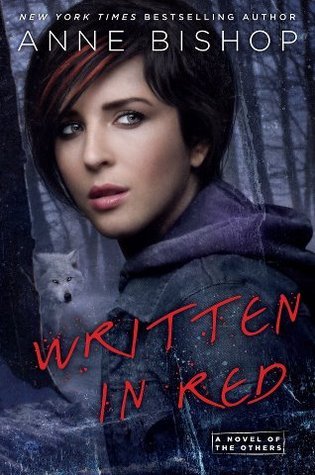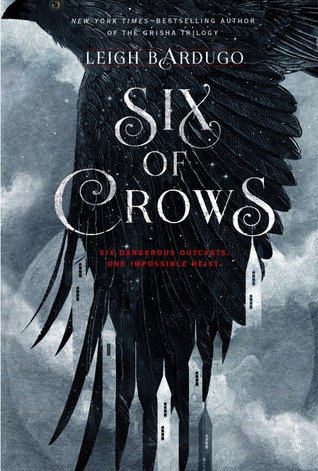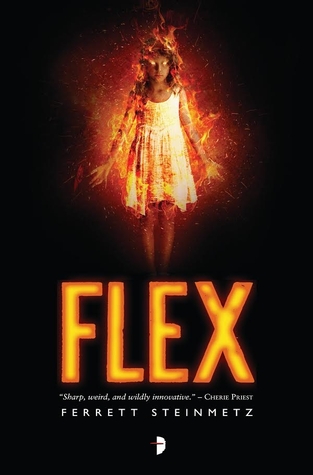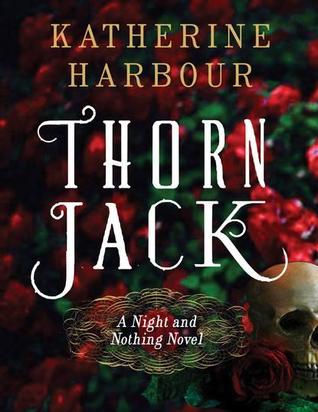
Rod Duncan’s created a world known, incorrectly, as ‘The Gas-lit Empire.’ Part of what makes Duncan’s alternate history complete is the complexity of it including scattered inaccuracies through its revolutions, wars, offices, and political systems. The Anglo-Scottish Republic is mashed up against The Kingdom of England and Southern Wales splitting at Leicester. The flaws and benefits of both societies are uniquely viewed by Elizabeth Barnabus, daughter of a Bullet Catcher, fugitive, Intelligence Gatherer, and main character. While I am entranced by Duncan’s world, the core of this book is a mystery. Elizabeth, resident of ‘The Republic’, takes a job to find a missing Aristocrat. An invention of his, and scientific leanings, make him dangerous. He is wanted by many, not the least by ‘The Patent Office.’ Elizabeth is uniquely qualified for the task, but if she had any option she would not/should not take it.
Elizabeth is resourceful and intelligent. That does not mean her life is easy. She found a way to survive as a 14-year-old girl, alone, without money, in a new land. This is not an easy task in ‘The Republic’ where women can not own property. She relies heavily on skills her parents taught her. As the daughter of a Bullet Catcher, and child of Traveling Shows, she has relied heavily on illusion to survive. Her parents conjured a twin brother for her as a child. He plays heavily into how Elizabeth is able contract work, and procure her houseboat. The book includes excerpts from The Bullet Catchers Handbook at the beginning of every chapter. They are lessons of illusion that pertain to the chapter, but also to Elizabeth’s past and future. It helps the reader connect to the larger story. The book is centered on her work as an Intelligence Gatherer searching for a missing Aristocrat from the Kingdom, but taking work in The Kingdom is risky for her. As a fugitive, she can not be caught in its borders. This contract also brings danger by drawing the scrutiny of The Patent Office. Elizabeth does not need anyone inspecting her closely. What she does need is the promised money – badly.
The political system Duncan created is a backdrop to this book. It is integral, however, to the greater story of the series hinted at in the expanded title, ‘The Bullet Catcher’s Daughter: The Fall of The Gas-lit Empire.’ The ideologies of the Kingdom and Republic don’t seamlessly match their cultures. The Republic has strict social standards, very conservative and monotone, contradictory to its democratic political freedoms. The Kingdom isn’t a true monarchy, but the Council of Aristocrats hold to the political structure of Old England. While there is a great deal of unfairness swayed heavily in favor of those Aristocrats, women have more rights than those in ‘The Republic’. Duncan’s alternative history has several parallels to historical Victorian democracies and monarchies of our world. Some ideas Duncan acted on, such as a world where Scotland split from the United Kingdom, were wished for by various parties but did not come to fruition. His world is well-built. It gave me a deeper level of respect for the book and author. Take some time looking at it, including reading the glossary. You can see there are many words, offices, treaties, etc. that are unique. I usually skip glossaries. Honestly, I’m too lazy to read them, and you can usually infer the meanings/content from the writing. You can do that here too, but I appreciated the material included.
The book can be enjoyed on two levels. You can read or listen to it on a shallow level. I do not say this dismissively. I’ve enjoyed several stories wanting to only pay attention to the surface. This story can be enjoyed on a deeper level too. The political structures, the history Duncan created, and the detail of the illusions make this story much more than the intelligence job. I liked Elizabeth going undercover to find the Aristocrat and the twists that individual story holds, but Elizabeth’s own history and what is intimated for the future made me pick up the second book without pause.











